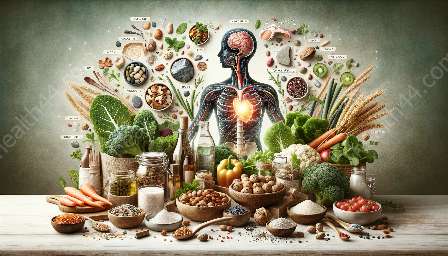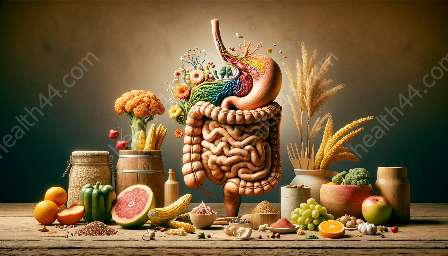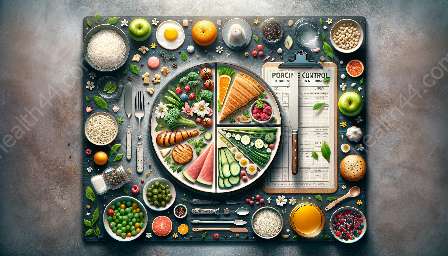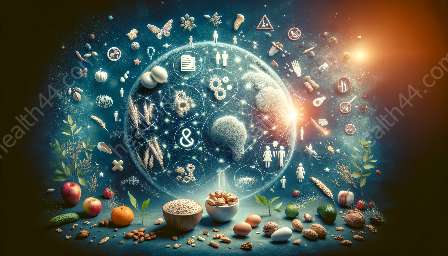Energy balance is a fundamental principle in nutrition and health that plays a crucial role in maintaining a healthy body and preventing chronic diseases. In this comprehensive topic cluster, we will delve into the concept of energy balance, its significance in nutrition, and its impact on overall health.
The Concept of Energy Balance
Energy balance refers to the relationship between the energy you take in through food and beverages and the energy you expend through physical activity and bodily functions. When your energy intake equals your energy expenditure, you are said to be in a state of energy equilibrium, which is essential for maintaining a healthy weight and overall well-being.
Understanding energy balance involves considering the number of calories you consume from food and the calories you burn through metabolism, exercise, and other physical activities. This balance is influenced by various factors such as age, gender, body composition, and metabolic rate.
Energy Balance and Nutrition
Energy balance is closely linked to nutrition, as the quality and quantity of food you consume directly impact your energy intake. A diet that provides the right balance of nutrients, including carbohydrates, proteins, fats, vitamins, and minerals, is essential for achieving and maintaining energy balance.
Consuming an excess of calories without expending them through physical activity can lead to weight gain, while consistently consuming fewer calories than your body needs can result in weight loss. Both scenarios can have implications for overall health, making it essential to achieve a balanced energy intake that meets your body's energy requirements.
Health Implications of Energy Balance
Maintaining a healthy energy balance is vital for overall health and well-being. When energy intake consistently exceeds expenditure, it can lead to weight gain and increase the risk of developing obesity, type 2 diabetes, and cardiovascular diseases. On the other hand, chronic energy deficiency can lead to malnutrition, fatigue, and impaired immune function.
By understanding and managing energy balance, individuals can make informed choices about their diet and physical activity to support their overall health goals. Modifying energy balance through proper nutrition and regular exercise can contribute to maintaining a healthy weight, reducing the risk of chronic diseases, and promoting optimal health and well-being.
Strategies for Achieving Energy Balance
Several strategies can help individuals achieve and maintain a healthy energy balance:
- Portion Control: Being mindful of portion sizes and avoiding oversized servings can help regulate energy intake and prevent excessive calorie consumption.
- Nutrient-Dense Foods: Choosing nutrient-dense foods, such as fruits, vegetables, whole grains, lean proteins, and healthy fats, can help ensure that the body receives essential nutrients without excess calories.
- Regular Physical Activity: Engaging in regular exercise and physical activity can help balance energy expenditure, improve metabolic health, and support overall well-being.
- Mindful Eating: Practicing mindful eating, including paying attention to hunger and satiety cues, can help individuals make conscious food choices and avoid overeating.
- Monitoring and Tracking: Keeping track of food intake and physical activity levels can help individuals gain awareness of their energy balance and make necessary adjustments to support their health goals.
Conclusion
Energy balance is a critical component of a healthy lifestyle, as it influences body weight, overall health, and disease risk. By understanding the concept of energy balance and its relationship with nutrition and health, individuals can make informed choices to achieve and maintain a healthy equilibrium between energy intake and expenditure. Embracing a balanced diet, regular physical activity, and mindful eating habits are essential steps in promoting optimal energy balance and supporting long-term health and well-being.




























